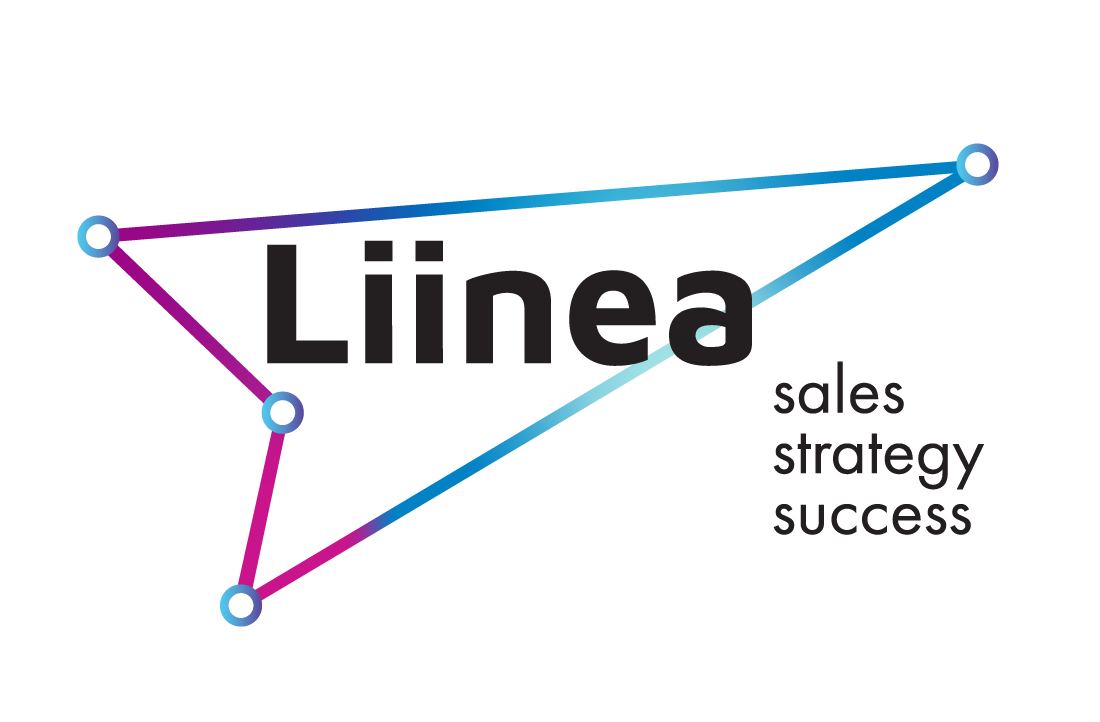Alina Adt
B2B stereotypes from the past that don't work today
and NEW IDEAS FOR MANAGING B2B BRANDS
By Alina Adt, 2 september 2019
Old school B2B marketing
In the last two decades, Google and social media have dramatically changed B2B marketing and branding in particular.
Before the Internet took over, communication between a business and its business customers was limited. There were no websites, no LinkedIn, no Google Ads, no blogs where one could learn about the products and the brand of a company.
Clients interacted directly with sales rep and their purchaise decision depended mostly on the skills of salesman. The most popular marketing tool among companies was a fax machine as the only "digital" alternative to a letter.
Clients interacted directly with sales rep and their purchaise decision depended mostly on the skills of salesman. The most popular marketing tool among companies was a fax machine as the only "digital" alternative to a letter.
Today we know, that the color in design is the 1st thing our brains perceive from a brand, and choosing the right color makes message easier and improves readership by 40%.
And now, think about how much design one could put through a black-and-white fax machine!
So B2B branding was very formal and corporate, focused mostly on product features and technical facts.
Building emotional B2B connections through branding was not on the agenda.
And now, think about how much design one could put through a black-and-white fax machine!
So B2B branding was very formal and corporate, focused mostly on product features and technical facts.
Building emotional B2B connections through branding was not on the agenda.
However, times are changing. From the narrow, mono-channel B2B communications of the fax machine era, we have moved to a world of over-abundant, instantly available, multidimensional information about just anything.

However, a number of branding stereotypes of the pre-Internet era
are still very common and widely spread today:
are still very common and widely spread today:
1
B2B decision-makers are rational
and not emotional
and not emotional
2
The B2B brand is promoted by sales reps
3
B2B branding for a start-up doesn't matter
Are those stereotypes still true in today's B2B world? NO.
In our digital era, B2B decision-makers have adapted what they do as consumers: they go online, research the products and learn about the brand identity on their own long before they speak to a sales rep.
And even though B2B buying is still often seen as a rational process, businesses now recognise that business decisions are human decisions, determined by a complex mix of intuition, emotion, personal experience and perception.
This leads to understanding the importance of the first "digital" impression:
first impression never has a second chance.
first impression never has a second chance.
Here are 3 radical changes brought to B2B branding
by digitalisation that impact any business today:
Here are 3 radical changes brought to B2B branding
by digitalisation that impact any business today:
1
B2B branding has transformed into the creation and management of a complex authentic emotional identity
2
B2B brands have shifted towards "humanisation" away from product or features focus in order to win the heart and mind of their prospects and clients
3
The boundaries between B2B and B2C branding have blurred
Look at these two recent ads for Microsoft Teams and for Slack, two competing team collaboration platforms: one applies the new paradigm focused on emotions and human touch, the other promotes dry features and facts.
Which ad will give you a deeper impression?
Which ad will give you a deeper impression?

Julia Mee, Senior Director of Advertising, Media and Sponsorships at Cisco makes a good point about the blurring line between B2B and B2C branding:
"We need to steal some of the discipline of thinking from our consumer brethren. Because the lines have blurred so much between B2B and B2C, we have no choice but to think that way."
B2B marketers attempt to build an emotional connection, an expertise that B2C brands have been developing for a long time. The decision to buy your product is based on trust, which is formed and evolves along the customer journey (= the consumer's interactions with your brand from the first introduction to their decision to purchase). It explains the importance of managing what information the B2B customer should perceive, starting with name, design and the company's message on its website. How does your company manage it all? We welcome your comments.
"We need to steal some of the discipline of thinking from our consumer brethren. Because the lines have blurred so much between B2B and B2C, we have no choice but to think that way."
B2B marketers attempt to build an emotional connection, an expertise that B2C brands have been developing for a long time. The decision to buy your product is based on trust, which is formed and evolves along the customer journey (= the consumer's interactions with your brand from the first introduction to their decision to purchase). It explains the importance of managing what information the B2B customer should perceive, starting with name, design and the company's message on its website. How does your company manage it all? We welcome your comments.
by Alina Adt | September 2019

Alina Adt
branding strategist and designer at Liinea
Alina Adt is a branding strategist and identity designer at Liinea, a B2B sales growth agency for enterprise SaaS companies.She helps create the right business identity that will make your potential customers instantly understand the personality of your business.
Liinea analyses your business and your goals, translates complex concepts
into clear messages into a brand, a sales playbook and a sales process that delivers fast and efficient sales scaling.
Liinea analyses your business and your goals, translates complex concepts
into clear messages into a brand, a sales playbook and a sales process that delivers fast and efficient sales scaling.





